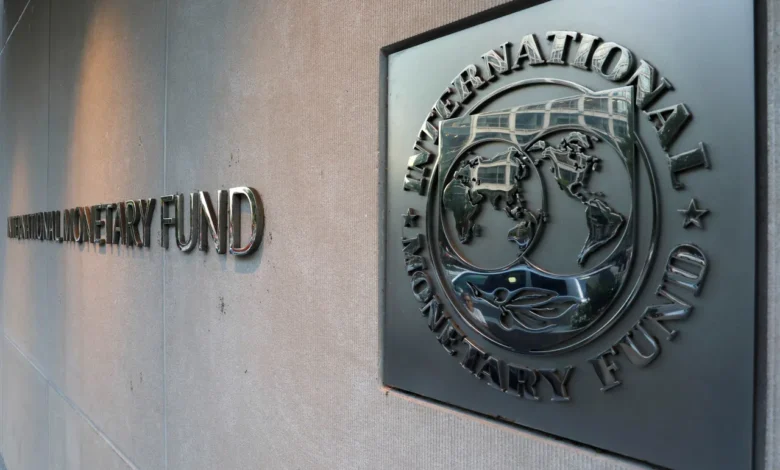IMF tells Asian central banks not to follow Fed too closely

THE International Monetary Fund urged Asian central banks to focus on domestic inflation and avoid tying their policy decisions too closely to anticipated moves by the US Federal Reserve.
Receding expectations for a near-term interest cut by the Fed have fed steady US dollar gains that have pushed down some Asian currencies such as the Japanese yen and the South Korean won.
The IMF’s staff analysis showed that US interest rates have a “strong and immediate” impact on Asian financial conditions and exchange rates, Krishna Srinivasan, director of the lender’s Asia and Pacific department, said on Thursday (Apr 18).
“Expectations about Fed easing have fluctuated in recent months, driven by factors that are unrelated to Asian price stability needs,” he said in a briefing on the region’s outlook.
“We recommend Asian central banks to focus on domestic inflation, and avoid making their policy decisions overly dependant on anticipated moves by the Federal Reserve,” he said.
“If central banks follow the Fed too closely, they could undermine price stability in their own countries.”
GET BT IN YOUR INBOX DAILY

Start and end each day with the latest news stories and analyses delivered straight to your inbox.
The remarks underscore the dilemma some Asian central banks face as the recent Fed-driven currency market swings complicate their policy path.
Bank of Korea governor Rhee Chang-yong told a separate IMF seminar on Wednesday that fading Fed rate-cut chances have caused headwinds for the won, and complicated his bank’s decision on when to start cutting borrowing costs.
In its World Economic Outlook, the IMF expects Asia’s economy to expand 4.5 per cent this year, down from 5 per cent last year but an upward revision of 0.3 percentage points compared to October.
It expects the region to grow by 4.3 per cent in 2025.
The outlook for China’s economy was critical for Asia with a more protracted slowdown in the world’s second-largest economy among key risks to the region’s growth outlook, Srinivasan said.
While an increase in government spending could benefit China’s economy, policies that boost its supply capacity would “reinforce deflationary pressures and could provoke frictions,” he said.
Also among risks to Asia were trade curbs adopted at a rapid pace, he said.
“Few regions have benefited as much from trade integration as Asia,” Srinivasan added. “Hence, geoeconomic fragmentation continues to be a large risk.” REUTERS





